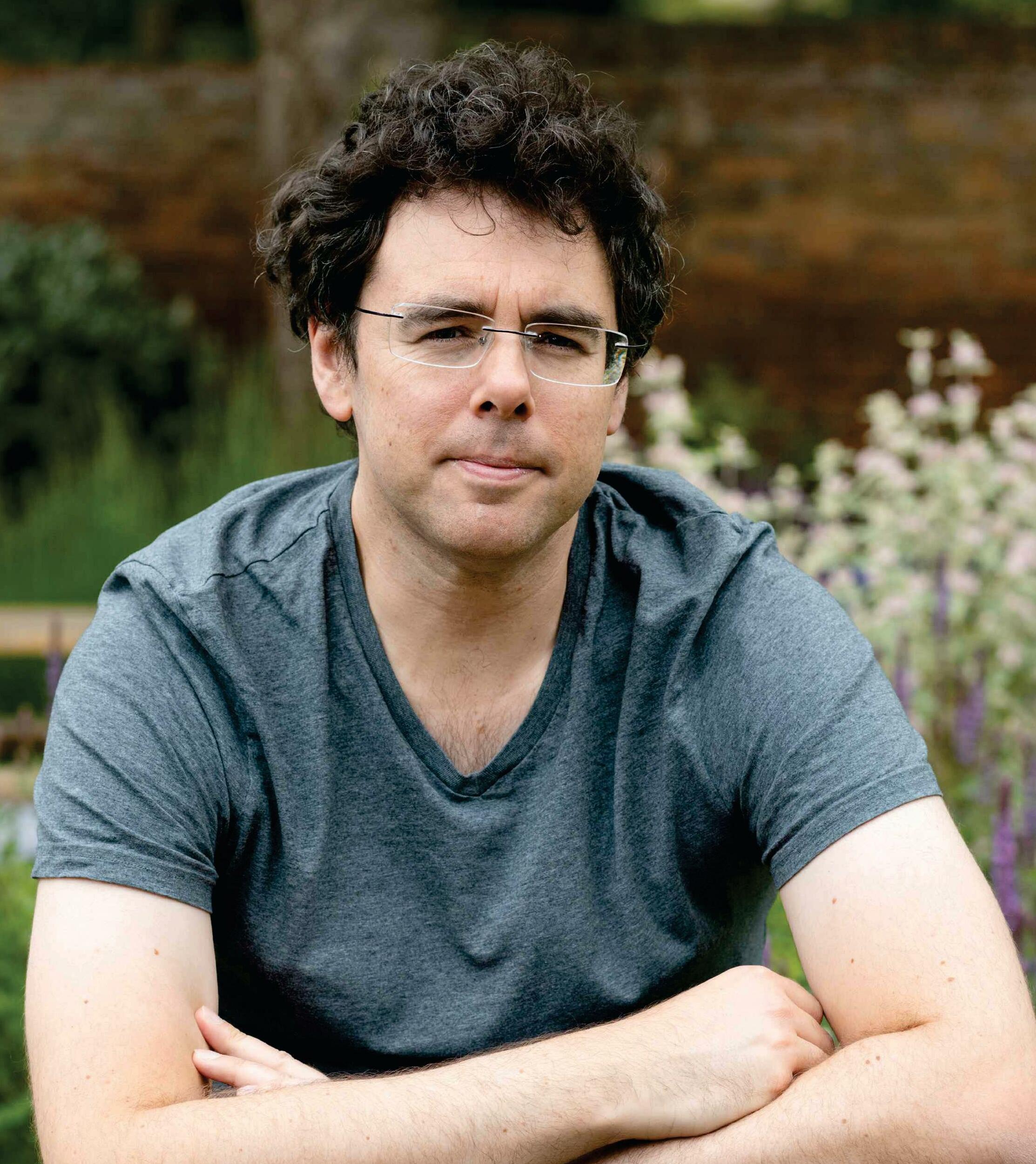Try GOLD - Free
“A connection was made between the rarefied world of the royal court and the politics of the street”
BBC History UK
|August 2025
JONATHAN HEALEY tells Ellie Cawthorne about the dramatic moments that sparked the breakdown of Charles I’s relationship with parliament and the outbreak of the Civil War

Ellie Cawthorne Why was the winter of 1641-42 such a pivotal time in British and Irish history?
Jonathan Healey In the heart of that winter came one of the most iconic moments in English political history. On 4 January 1642, angry at dissent from parliament, King Charles I marched down to the House of Commons and tried to arrest five MPs.
I wanted to tell the backstory of that dramatic, divisive moment. The lead-up had been a really intense period of political strife, popular protest and gradually growing disorder, all of which fed into a very frightening political crisis. Afterwards, the country descended into civil war.
Often when we read books about great revolutions or political events, we look at the deep, long-term causes. However, though that’s important, we also need to recognise trigger moments. Day-by-day or minute-by-minute, it’s often incredibly difficult to see which way things will go — but, as a historian, it’s important to immerse yourself in those turning points.
Can you give us a sense of how parliament functioned at the time?
In the early 17th century, parliament didn’t sit regularly — it was called only when the king needed it. Its role was essentially twofold: to grant taxes, particularly for war, and to propose legislation. That legislation would then get signed off by the king, which was how new laws were made. But increasingly, in the 17th century, parliament started discussing issues of high politics such as foreign policy. In the view of the king, this went beyond its remit - monarchs in this period believed that they alone had the right to decide on foreign policy. However, because they represented the taxpayers who had to pay for the wars, members of parliament felt that they should have a say. That created a flashpoint.
This story is from the August 2025 edition of BBC History UK.
Subscribe to Magzter GOLD to access thousands of curated premium stories, and 10,000+ magazines and newspapers.
Already a subscriber? Sign In
MORE STORIES FROM BBC History UK

BBC History UK
Hymn to life
Scripted by Alan Bennett and directed by Nicholas Hytner - a collaboration that produced The Madness of King George and The History Boys – The Choral is set in 1916.
1 min
December 2025

BBC History UK
Helen Keller
It was when I was eight or nine years old, growing up in Canada, and I borrowed a book about her from my local library.
2 mins
December 2025

BBC History UK
Spain's miracle
The nation's transition from dictatorship to democracy in the late 1970s surely counts as one of modern Europe's most remarkable stories. On the 50th anniversary of General Franco's death, Paul Preston explores how pluralism arose from the ashes of tyranny
8 mins
December 2025

BBC History UK
Just how many Bayeux Tapestries were there?
As a new theory, put forward by Professor John Blair, questions whether the embroidery was unique, David Musgrove asks historians whether there could have been more than one 'Bayeux Tapestry'
7 mins
December 2025

BBC History UK
In service of a dictator
HARRIET ALDRICH admires a thoughtful exploration of why ordinary Ugandans helped keep a monstrous leader in power despite his regime's horrific violence
2 mins
December 2025

BBC History UK
The Book of Kells is a masterwork of medieval calligraphy and painting
THE BOOK OF KELLS, ONE OF THE GREATEST pieces of medieval art, is today displayed in the library of Trinity College Dublin.
3 mins
December 2025

BBC History UK
Passing interest
In his new book, Roger Luckhurst sets about the monumental task of chronicling the evolution of burial practices. In doing so, he does a wonderful job of exploring millennia of deathly debate, including the cultural meanings behind particular approaches.
1 mins
December 2025

BBC History UK
Is the advance of AI good or bad for history?
As artificial intelligence penetrates almost every aspect of our lives, six historians debate whether the opportunities it offers to the discipline outweigh the threats
8 mins
December 2025

BBC History UK
Beyond the mirage
All serious scholarship on ancient Sparta has to be conducted within the penumbra of the 'mirage Spartiate', a French term coined in 1933 to describe the problem posed by idealised accounts of Sparta.
1 mins
December 2025

BBC History UK
He came, he saw... he crucified pirates
Ancient accounts of Julius Caesar's early life depict an all-action hero who outwitted tyrants and terrorised bandits. But can they be trusted? David S Potter investigates
10 mins
December 2025
Listen
Translate
Change font size

